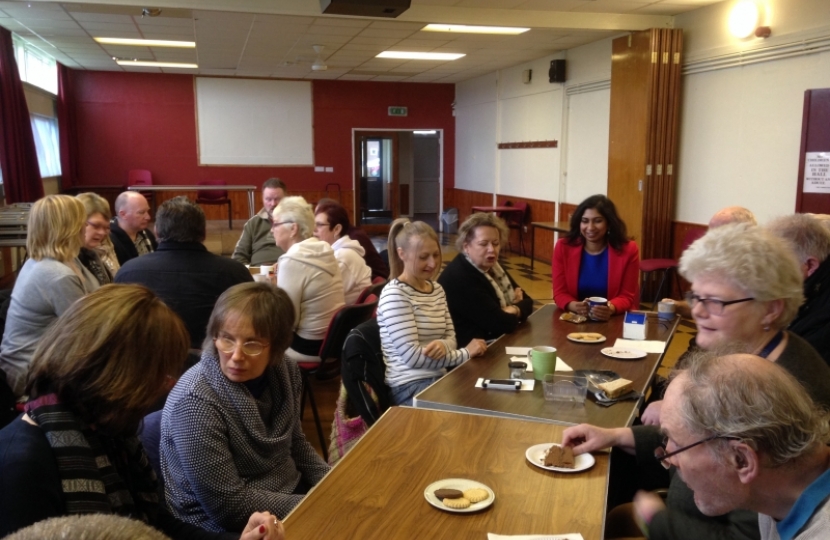
I was pleased to has praise local campaigners and call for extra funding for brain tumour research, as I spoke in a debate in Parliament. The debate was called following an online petition to Parliament, which collected over 120,000 signatures, was attended by a large number of MPs and watched by many of the leading campaigners involved in the petition.
I spoke on behalf of the many constituents in Fareham who have been affected by this devastating and indiscriminate disease, for example, Simon Tier, whose best friend sadly died because of a brain tumour and who is an indefatigable campaigner. I noted that current rates of funding are insufficient and that we need between £30 million and £35 million per year, in line with funding for research for other cancers.
The petition prompted the first ever investigation by Parliament’s new Petitions Committee, which was set up last year as part of reforms to the way online petitions to Parliament and the Government are considered. The lead petitioner was Maria Lester, whose brother Stephen Realf lost his life as a result of a brain tumour.
The Petitions Committee took evidence on diagnosis and awareness of the condition, as well as on current funding levels, research priorities and the challenges facing brain tumour charities. In their report last month, they called for the Government to give a clear statement of whether it believes that current levels of funding are adequate, and if not, asked what it will do to ensure that funding for brain tumour research increases.
Responding to the debate, Health Minister George Freeman MP accepted the Government needs to do more. He said:
‘I hope I have demonstrated that some progress is being made, but as I have said, I do not think that progress is being made is a reason not to do more; I think hon. Members have made a powerful case that we should. We formally accept that more needs to be done. The case has been made that we need to look carefully at what we can do.’
Earlier this year, I visited a local charity that helps people with brain tumours and other brain injuries. Headway, in Gosport, provides support and advice to patients and their families suffering the effects of brain injury, including that caused by tumours. Brain injuries and the conditions associated with them are often called the ‘hidden disability’, because their effects may not always be apparent to people. Headway are doing a great job in helping to increase awareness of these conditions, as well as providing support to those who are facing the challenges of coping with them. It was great to be able to visit and see the great work that they are doing locally, and to hear about the many issues they face. Fundraising is always a challenge, but they have a lot of support, and I would urge everyone to take a look at their website to find out more about the work they do and see ways in which they can help.
Suella Fernandes MP
